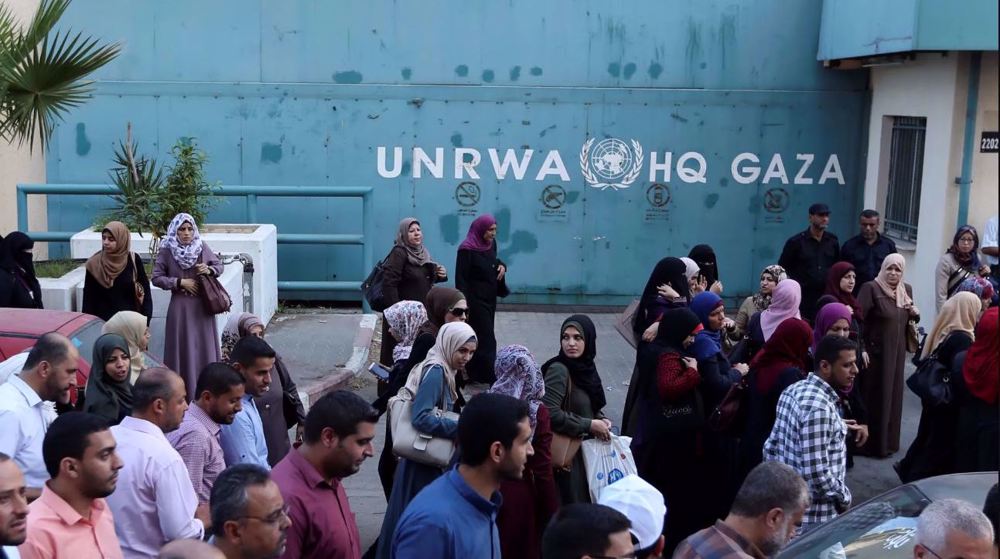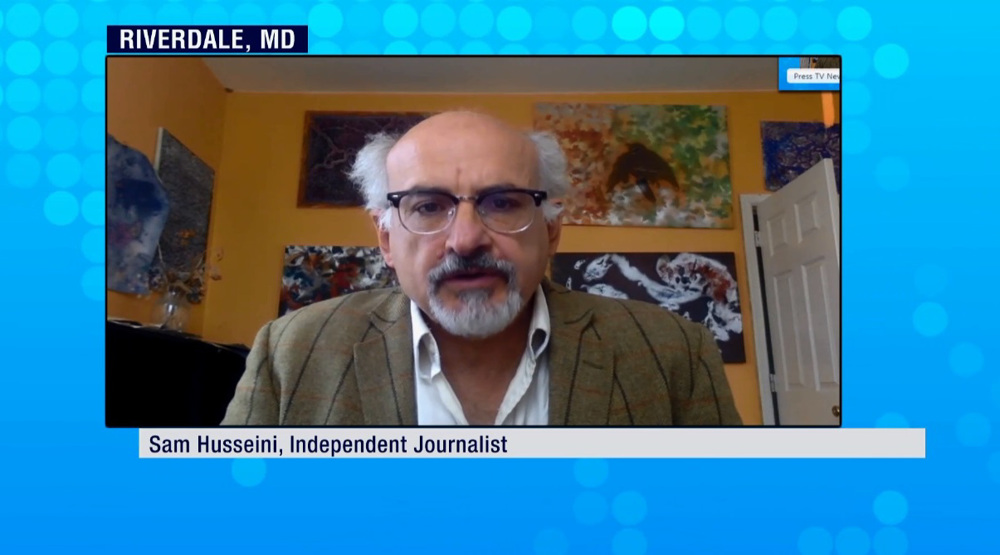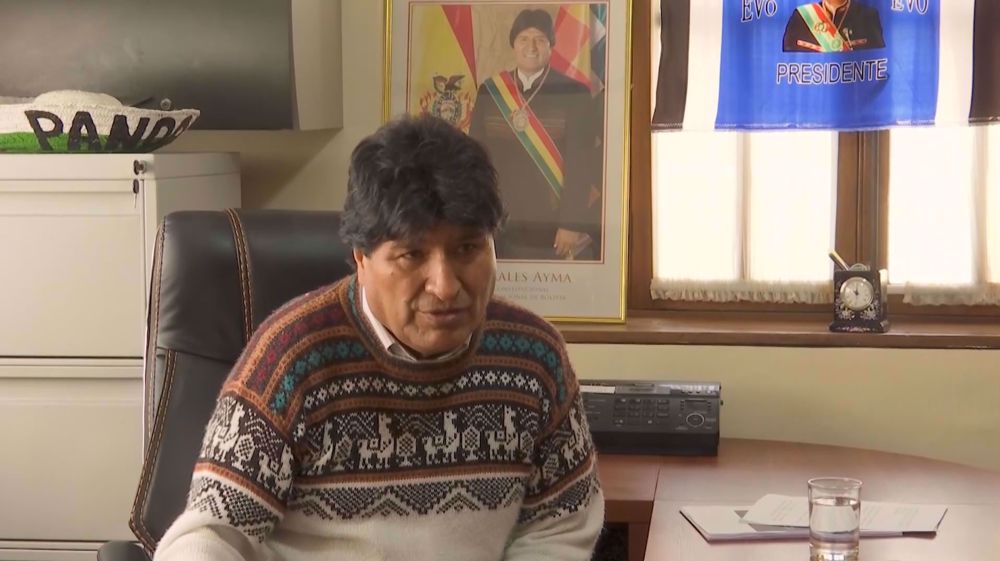Iran entitled to develop defensive missile program: Analyst
Press TV has interviewed Seyed Mostafa Khoshcheshm, a political analyst in Tehran, to discuss Iran’s latest launch of ballistic missiles as part of efforts to boost its deterrence power.
The following is a rough transcription of the interview.
Press TV: First of all, what do you make of all this cry over Iran’s missile program, which is part of its defense capabilities?
Khoshcheshm: That is a very good question and there needs to be lots of clarifications and explanations. By now everybody has come to realize that Iran’s missile tests are no violation of the nuclear deal because of various reasons. Even Washington has admitted on various occasions, at least on two occasions, that it is not a violation of the nuclear deal or resolution 2231 because of three reasons.
One, everybody has come to realize now that the deal, the Vienna nuclear deal, stands on its own and it is not reliant on this resolution. As a matter of fact this is to say that even a violation of resolution 2231 is not a violation of the nuclear deal because it is only an accompanying document. That is one.
Number two, Iran has not violated even this resolution. Why? Because experts who draft resolutions, UN Security Council resolutions, when they want to show that a resolution is binding they use the words “shall” and “shall not” but in this case this paragraph in resolution 2231, it never says Iran shall not test or acquire or develop its ballistic missile with such and such capability. It is only a recommendation that Iran would not test any new ballistic missiles with the capability to carry WMD payloads and that is number three point. Iran has repeatedly stressed that it has never designed or even thought of designing or manufacturing ballistic missiles with the capability to carry WMD warheads. So it is by no way a violation of either the nuclear deal or the accompanying resolution.
In the meantime, Iran is a country which is located in a very strategic geography and it has been under the constant threat of the United States and Israel and it is entitled to the right to develop its ballistic missile technology and all other defensive weapons programs like any other country. Developing your defense programs is not at all a merit, it is a right and every nation state is entitled to this right, especially a country like Iran.
Press TV: Are you at all surprised that this is coming at a time when the IAEA has stressed and confirmed that Iran has been implementing the JCPOA and it is looking to expand its cooperation with Iran in the nuclear field?
Khoshcheshm: Yes. Ever since the Iranian nuclear negotiators came back home, there were concerns in Tehran that the Obama administration under the pressure of the neo-cons and the Israeli lobbies, AIPAC and others, would try to misuse this paragraph in resolution 2231 in order to turn the table and call off the deal after Iran has complied, fully complied with its undertakings under the Vienna nuclear deal.
So Iran did the missile test, the Emad missile test. Now the tests the other day pursued another goal and objective. Even before Iran struck the deal with the six world powers, maybe a couple of years ago, there were concerns openly declared by Iranian Supreme Leader that the United States would resort to other pretexts and excuses in order to re-impose the sanctions even if the nuclear dispute is resolved and it was openly stated by the Leader.
Even a couple of months before the Iranian Leader, one of the senators who played a very main role in the crude and banking sanctions against Iran, he very openly told the media in the US that even if the nuclear deal is resolved - and remember at that time President Rouhani had not yet won the election but there was a high chance that he would win the elections, the presidential elections two, three years ago - and he said even if the nuclear deal is resolved we would re-impose the sanctions on various pretexts. The first one that he mentioned was ballistic missile program of Iran, the second one would be human rights.
That is the warning that Iranian Leader has reiterated repeatedly. He has warned the nation and the state officials that the United States does not at all mean to become a good boy here and end up the dispute.
And by the way these missile tests are a notification to the regional states that Iran has a very strong defensive capability and deterrence and it is a warning to Israel that it would never embark on doing anything mad and of course there are some nations outside in the region who have suspected that maybe with a settlement of the nuclear issue, Iran would start rapprochement with the United States.
These tests are also meant to tell them and to the whole world that Iran has only had a deal on its nuclear dispute with the West and it is not due to go on a road to Washington, it is not moving on a road of rapprochement and it would go on with its revolutionary policies as before. It has been a deal only on the nuclear dispute.
Host Saudi raises concerns over economic impact of Gaza war at global summit
Iranian students voice solidarity with pro-Gaza rallies in West
Iran slams US ‘violent crackdown’ on pro-Palestine student protests
Russia says shot down 17 Ukrainian drones
VIDEO | Pakistan's opposition groups warn US against interference
‘Mandela cause still alive’: Iran FM hails South Africa’s pro-Palestine stance
Thousands call on UK government to stop arming Israel
Israel agitated ICC could issue arrest warrant for Netanyahu














 This makes it easy to access the Press TV website
This makes it easy to access the Press TV website